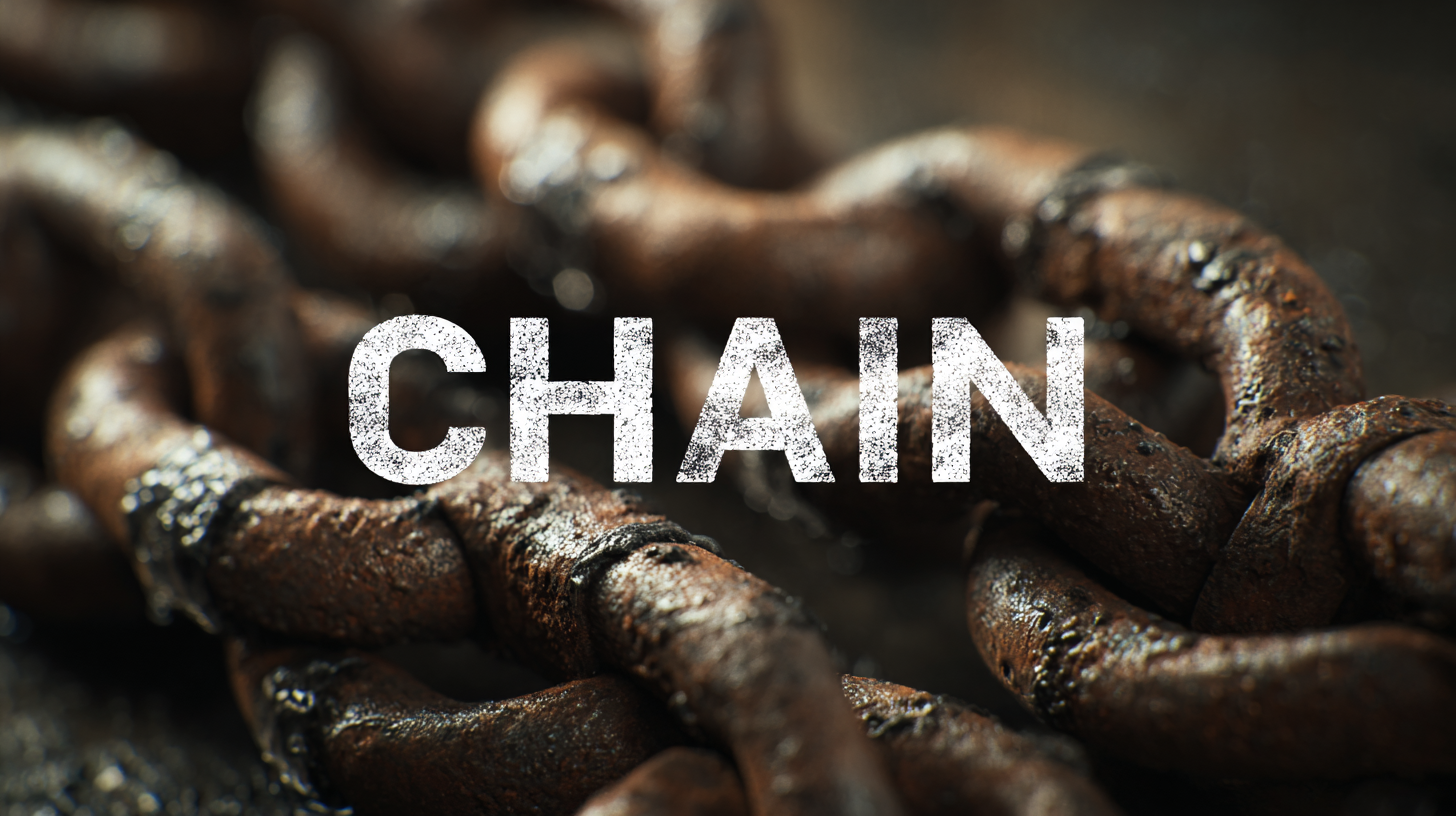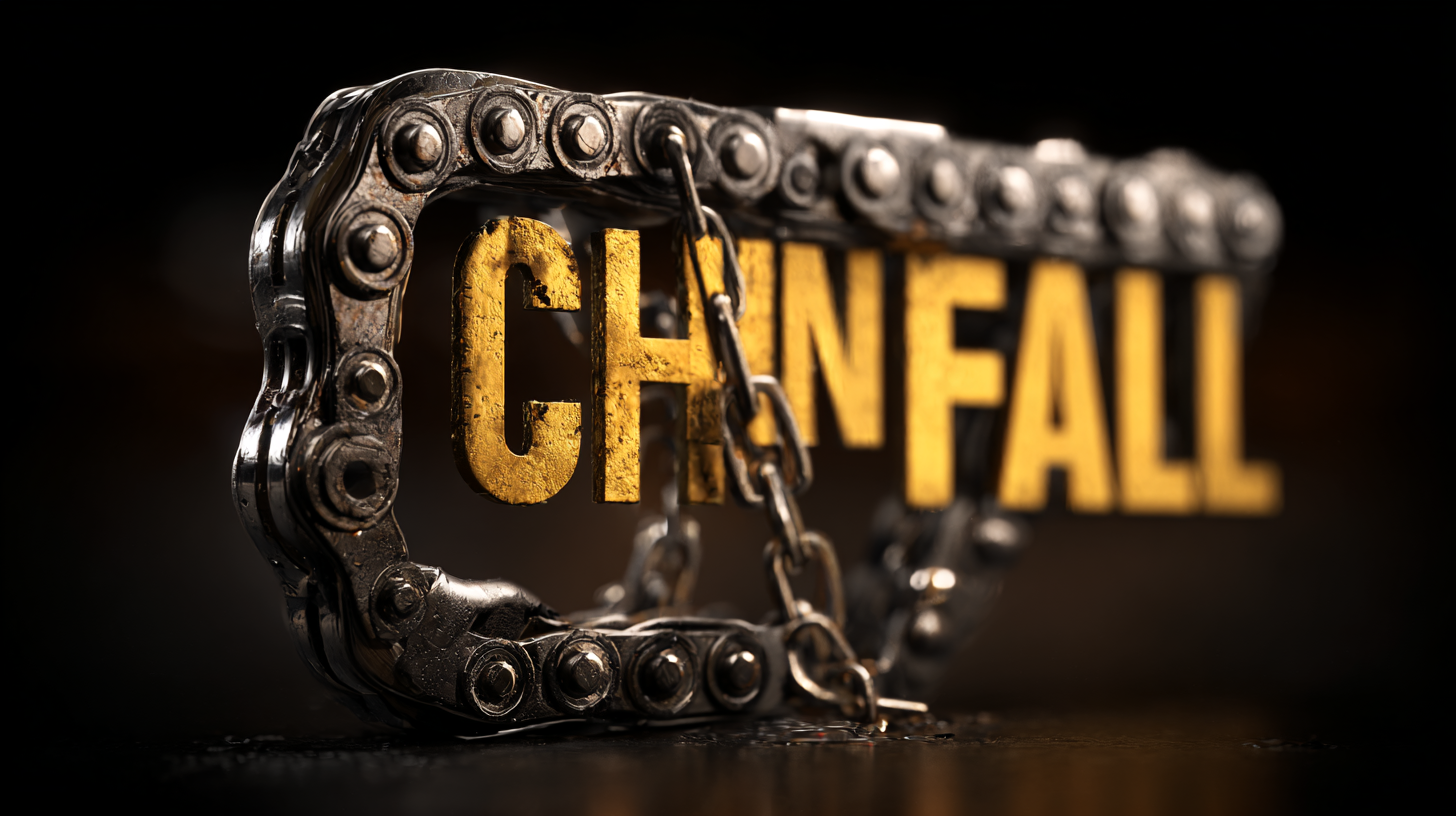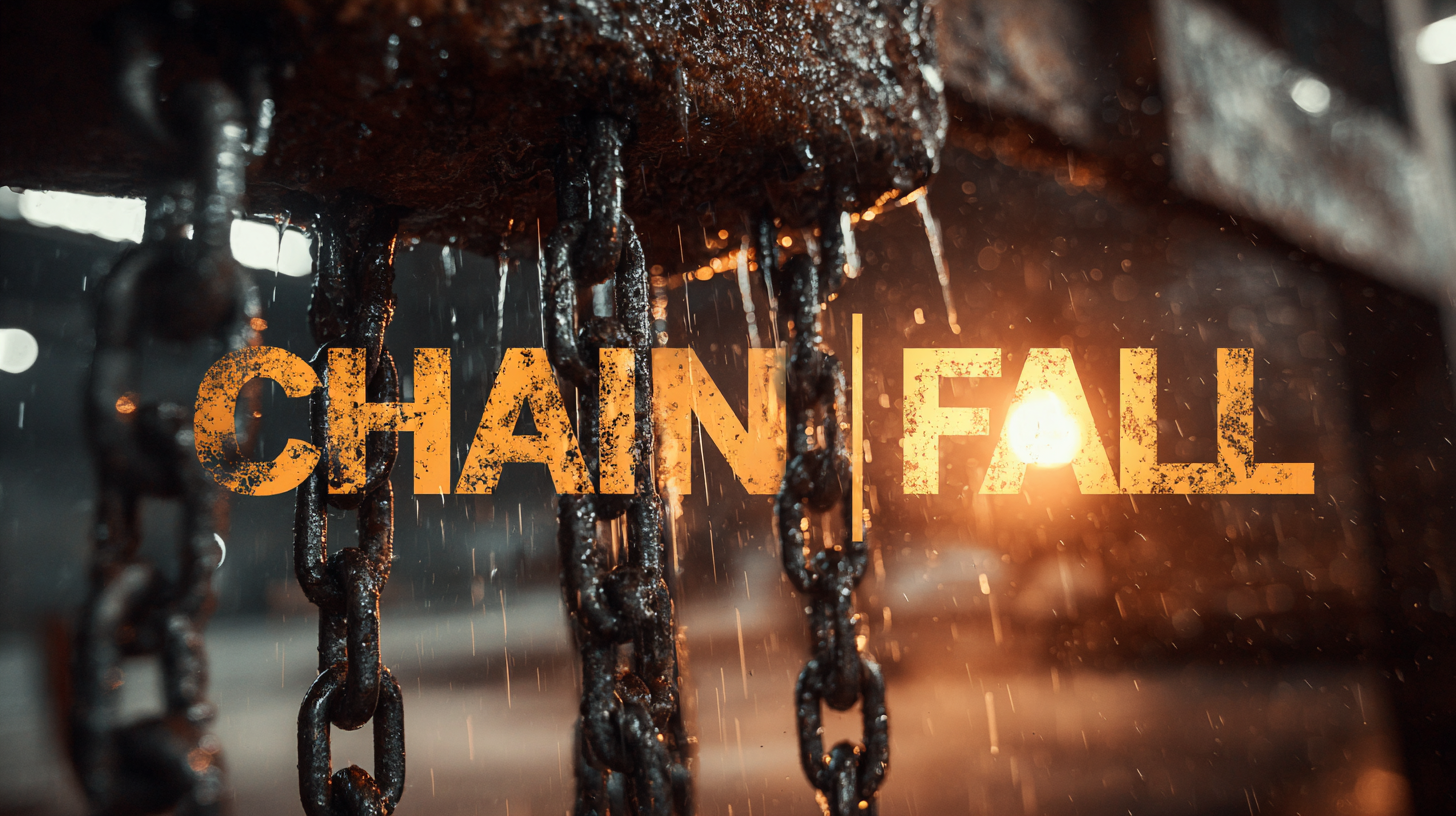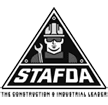
Understanding the Importance of Industry Production Standards in Best Chain Fall Manufacturing
In the evolving landscape of manufacturing, particularly in the production of Chain Falls, adherence to industry production standards is paramount. According to a report by the American National Standards Institute (ANSI), approximately 30% of manufacturing defects stem from a lack of compliance with established standards, leading to inefficiencies and safety risks. Industry standards not only ensure the quality and reliability of the products but also enhance operational efficiency, which is critical in sectors relying on heavy lifting equipment. Moreover, the global market for lifting equipment is projected to reach $27 billion by 2025, emphasizing the necessity for manufacturers to align with international standards to maintain competitiveness and ensure user safety. Understanding and implementing these standards can significantly impact the overall quality of Chain Falls, making it imperative for manufacturers to prioritize compliance in their production processes.

The Role of Industry Production Standards in Enhancing Chain Fall Quality
In the manufacturing of chain falls, adherence to industry production standards is critical for ensuring quality and safety. According to a report by the International Organization for Standardization (ISO), products that meet established standards can improve operational efficiency by up to 30%. This statistic underlines the necessity of rigorous quality control processes, as chain falls are fundamental components in lifting and rigging applications that demand reliability under heavy loads. Ensuring that these products comply with industry benchmarks not only enhances their durability but also reduces the risk of accidents, which could lead to costly downtime or injury.

Moreover, the American National Standards Institute (ANSI) states that regularly incorporating industry standards can lead to a 20% decrease in product failures. Compliance with such guidelines helps manufacturers avoid the pitfalls of subpar materials and outdated designs. As the chain fall market continues to evolve, staying informed about the latest quality standards is essential for manufacturers aiming to enhance product longevity and performance. By investing in adherence to these industry benchmarks, companies can ensure their chain falls deliver optimal functionality, meeting the ever-increasing demands of various industries.
Key Benefits of Adhering to Production Standards in Manufacturing
Adhering to production standards in manufacturing plays a crucial role in ensuring product quality, safety, and efficiency. In the best chain fall manufacturing processes, these standards guarantee that each unit meets stringent requirements, thus minimizing defects and maximizing performance. By following recognized standards, manufacturers can demonstrate their commitment to quality, gaining trust from customers and stakeholders alike. This not only enhances the company's reputation but also leads to increased market competitiveness.
**Tip:** Regularly review and update production protocols to align with the latest industry standards. This proactive approach can prevent obsolescence and ensure adherence to best practices.
Moreover, adhering to industry standards facilitates smoother operations and improved workplace safety. Implementing standardized procedures reduces the risk of accidents during manufacturing and ensures that employees are well-trained to follow best practices. This not only fosters a safer work environment but also enhances productivity, as employees can work more efficiently when they follow a proven set of guidelines.
**Tip:** Conduct periodic training sessions for employees to reinforce the importance of compliance with production standards, enhancing both safety and productivity across the board.
Comparative Analysis: Industry Standards vs. Best Practices in Chain Fall Production
In the realm of chain fall manufacturing, adhering to industry production standards is crucial for ensuring safety, reliability, and efficiency. However, understanding how these standards compare to best practices can further elevate manufacturing quality. Industry standards provide a foundational framework that companies must conform to, whereas best practices represent the most effective methods gleaned from experience and innovation. For instance, while an industry standard might outline minimum safety specifications, best practices could include advanced safety features like redundant braking systems or real-time load monitoring, which not only enhance operational safety but also build customer trust.
When striving for excellence in chain fall production, manufacturers should implement a few key tips. Firstly, conduct regular audits to ensure compliance with both industry standards and best practices. This proactive approach helps in identifying areas for improvement early. Secondly, invest in employee training focused on best practices—knowledgeable workers are vital to maintaining high production quality. Lastly, fostering a culture of feedback can drive continuous improvement; encouraging team members to share insights on processes can reveal innovative solutions that surpass established standards. Through these strategies, businesses can navigate the complex landscape of chain fall manufacturing while positioning themselves as leaders in the industry.

Innovations in Chain Fall Technology Driven by Standardization
Innovations in chain fall technology have become increasingly vital in the manufacturing industry, particularly as standardization continues to play a pivotal role. According to a recent report by the American National Standards Institute (ANSI), adherence to production standards has shown to reduce manufacturing defects by up to 30%. This decrease not only improves product reliability but also fosters consumer confidence in chain falls, which are essential tools in lifting heavy loads.
As manufacturers invest in state-of-the-art technologies aligned with these standards, we see advancements such as improved materials for increased durability and redesigned mechanisms for smoother operation. For instance, the integration of smart sensors in chain fall systems helps in monitoring load weight and conditions in real-time, contributing to safety and efficiency. The introduction of such innovations has led to a reported 25% increase in operational efficiency among companies adopting these technologies.
**Tip:** Regularly review and ensure compliance with industry standards to maximize safety and efficiency in production.
Moreover, staying informed about emerging technologies can provide a competitive edge. Companies that embrace these innovations can position themselves as leaders in the market while meeting the evolving demands of consumers.
**Tip:** Collaborate with standardization organizations to keep abreast of the latest updates and best practices in chain fall manufacturing.
Understanding the Importance of Industry Production Standards in Best Chain Fall Manufacturing - Innovations in Chain Fall Technology Driven by Standardization
| Feature | Standard Specification | Innovation Description | Impact on Industry |
|---|---|---|---|
| Load Capacity | Up to 10 tons | Use of advanced materials to enhance strength | Increased safety and efficiency in lifting operations |
| Durability | Minimum 10,000 cycles | Long-lasting coatings to resist wear and corrosion | Reduction in maintenance costs and improved productivity |
| Safety Features | Integrated overload protection | Smart sensors and automatic shut-off mechanisms | Enhanced workplace safety and risk reduction |
| Weight | Lightweight design under 50 lbs | Use of lighter materials without compromising strength | Ease of transport and handling, reducing worker strain |
| Efficiency | Lifting speed of 10 m/min | Optimized gear system for faster operation | Increased throughput in manufacturing processes |
How Compliance with Production Standards Affects Supply Chain Efficiency
In the realm of manufacturing, adherence to industry production standards is crucial for achieving optimal supply chain efficiency. A recent report by the Institute of Supply Chain Management states that companies that comply with established production standards can reduce their lead times by up to 30%. This reduction is critical in today’s fast-paced market, where delays can result in lost opportunities and diminished customer satisfaction. By streamlining processes and minimizing variances in production, manufacturers not only enhance their operational efficiency but also foster stronger relationships with suppliers and distributors.
Moreover, compliance with production standards can significantly impact quality control measures within the supply chain. According to a study published by the Manufacturing Institute, organizations that align their production processes with industry standards have seen a decline in defect rates by as much as 25%. This improvement in quality not only lowers costs associated with returns and rework but also builds a reputation for reliability and excellence in product delivery. Ultimately, manufacturers that prioritize compliance with production standards position themselves competitively, ensuring agility and resilience in their supply chains as they navigate the complexities of market demands.
Impact of Compliance with Production Standards on Supply Chain Efficiency
Copyright ©2024 Elephant Lifting Products | All rights reserved.
38381 N Robert Wilson Rd, Gonzales, LA 70737 USA
Toll Free: (888) 844-6113 | Phone: (225) 644-6113 | Fax: (225) 644-6695
Email: sale@floralift.org




